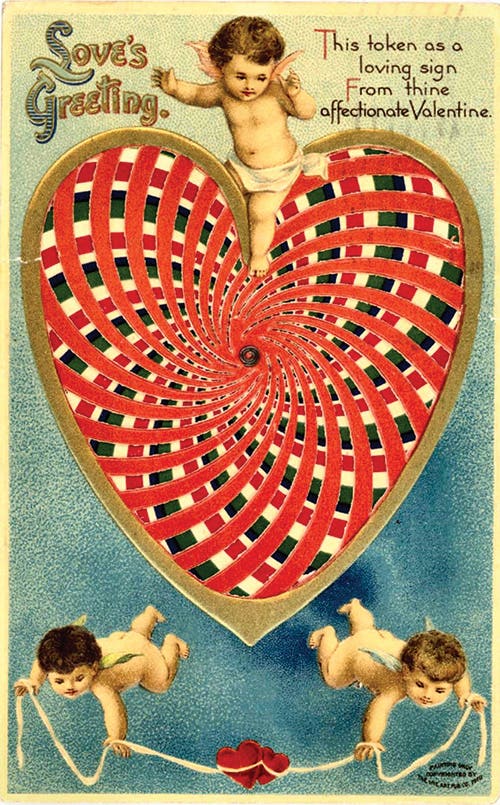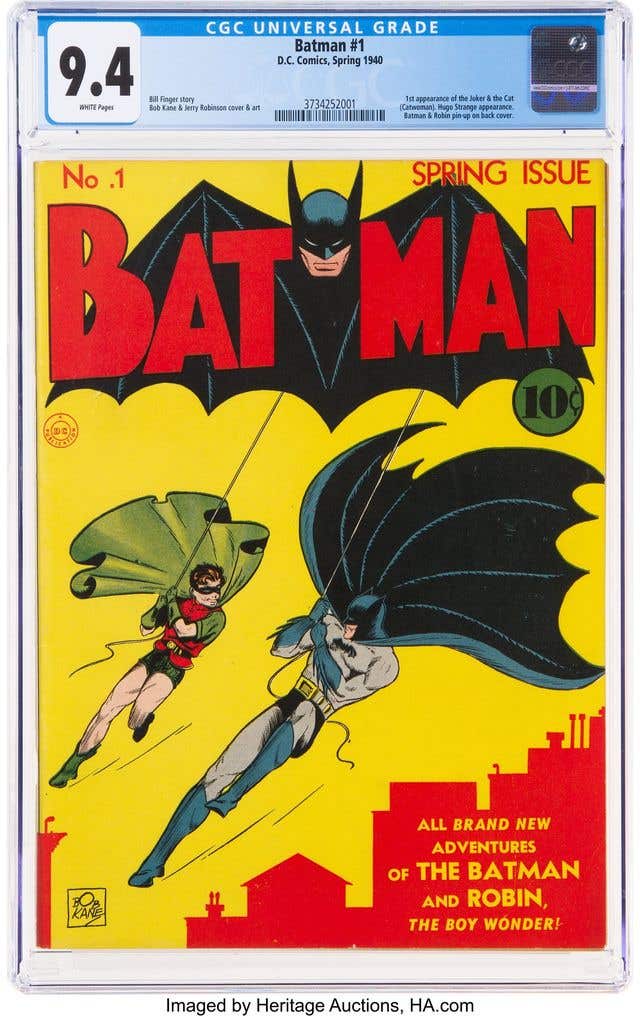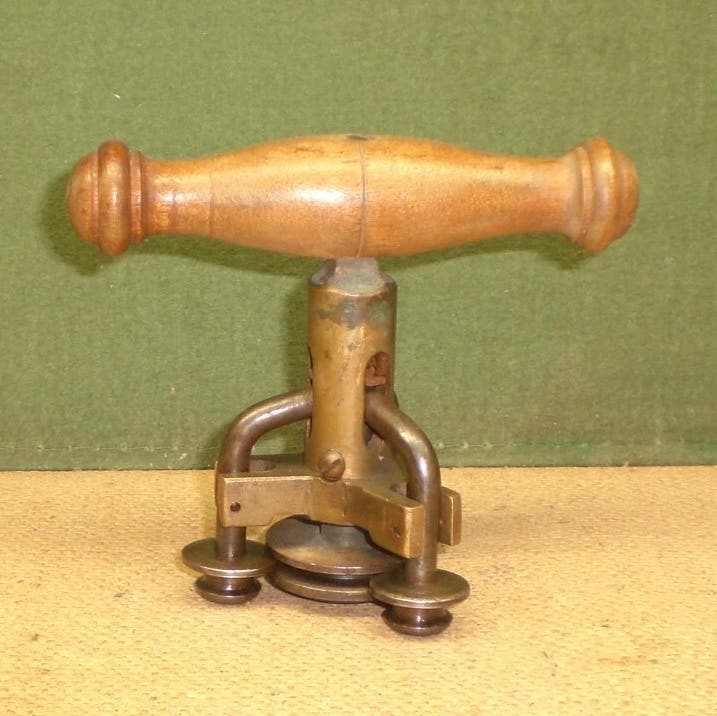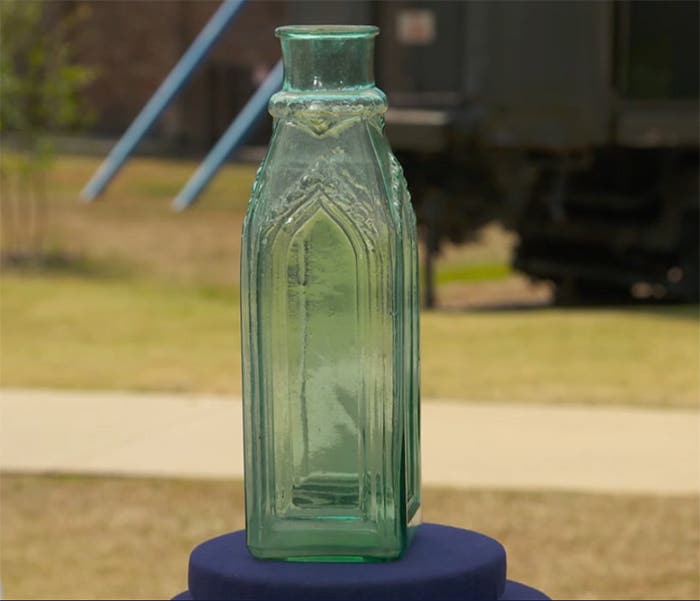“No Hatred or Bitterness.” Rare Edith Cavell Postcard Surfaces
A rare postcard from a World War I heroine is expected to sell for over a thousand dollars at auction.
British nurse Edith Cavell (1865-1915) was a pioneer in nursing and a World War I heroine. An extremely rare example of her handwriting, a postcard she wrote to her mother not long before the war began, is coming to auction. It is offered by International Autograph Auctions Europe S.L. in Malaga, Spain, at auction from June 17 to 19. The postcard is expected to sell for €1,000-€1,200 or about $1,140-$1,360.
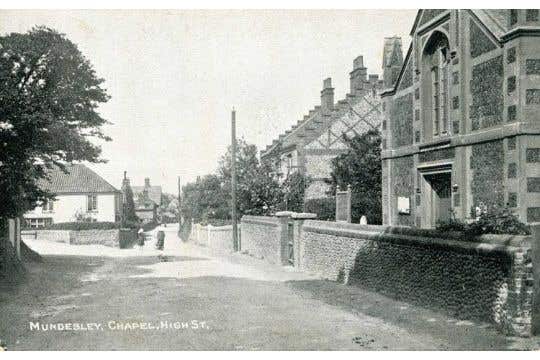
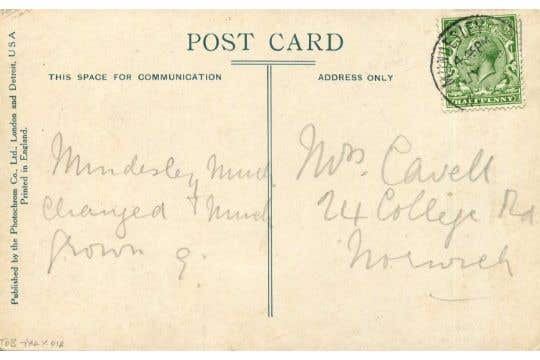
The postcard is a photograph of a street in Norfolk, England, captioned “Mundesley, Chapel, High St.” Cavell’s message on the divided back is brief: “Mundesley much changed & much grown.” It is addressed to her mother in Norwich. The postmark is indistinct; it is not clear if it is from 1913 or 1914.
Cavell was born in Swardeston, Norfolk, England. She worked as a governess, taking a job with a family in Brussels, Belgium, in 1890, but returned home in 1895 to care for her father, a vicar, during an illness. This inspired her to train as a nurse. In 1907, she returned to Brussels, this time to run a new nursing school and clinic. She made return trips to England to visit home, but when World War I began in 1914 and Germany invaded Belgium, she remained in Brussels.
During the war, Cavell’s clinic became a Red Cross hospital. She treated soldiers from both sides and was known to tell the nurses she trained, “Our work is for humanity. The profession of nursing knows no frontiers.”
In addition to her heroic work saving wounded soldiers, Cavell sheltered allied soldiers and civilians and helped them escape from German-occupied Belgium to neutral countries. It is estimated that at least 200 soldiers escaped, thanks to the work of Cavell and her colleagues. But the German authorities found out about the escape routes, and Cavell was among those arrested in 1915. She was tried for “aiding a hostile power,” since there was proof that some of the soldiers she helped escape had returned to Britain. Under the German Military Code, this was punishable by death.
Despite international protests, Cavell was executed by firing squad on October 12, 1915. The night before her execution, she told the Reverend H. Stirling Gahan of Christ Church Brussels, “I realize that patriotism is not enough, I must have no hatred or bitterness towards anyone” and described herself “simply as a nurse who tried to do her duty.”
You may also like:



